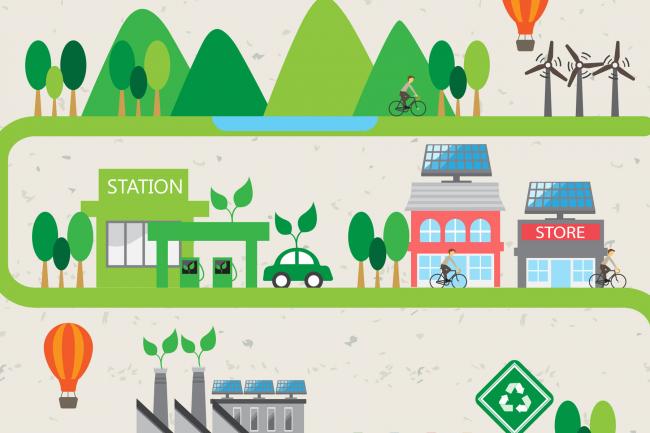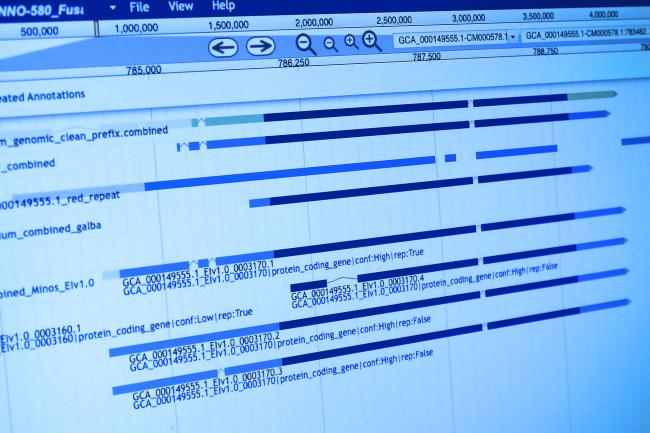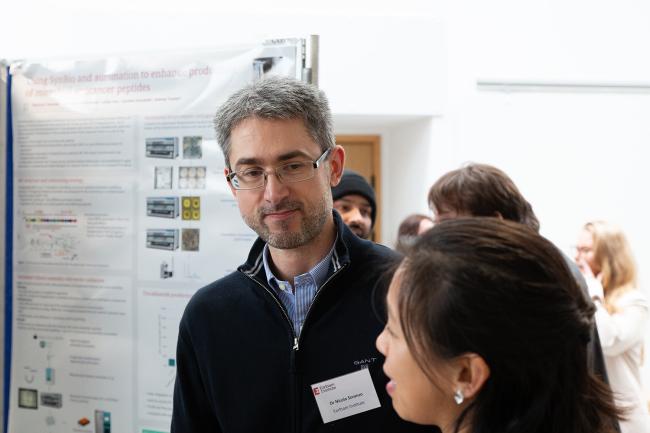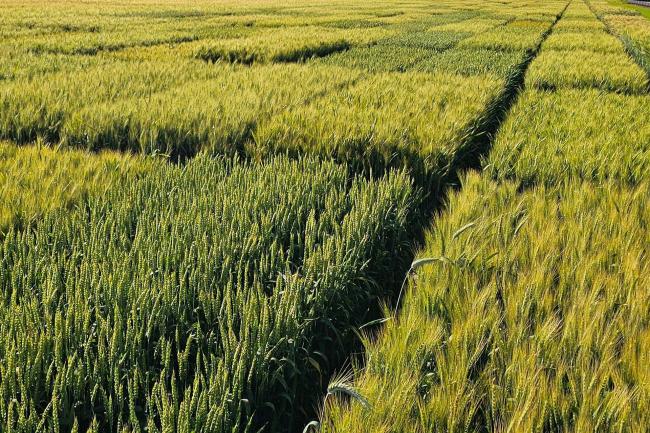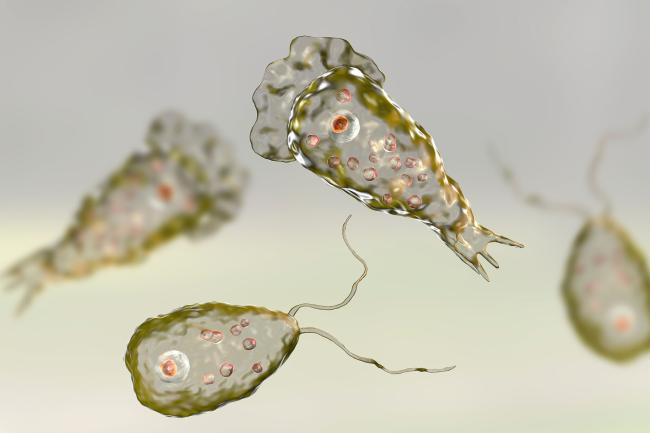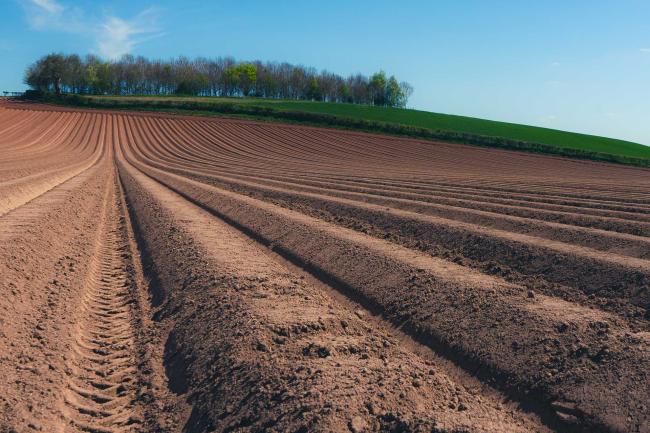
The advanced training will equip Vietnamese scientists with the skills in bioinformatics and genomics for crop analysis, and ensures future knowledge for their peers.
Previously, EI, UK and AGI, Vietnam, initiated a collaboration to sequence the genome of a representative number of Vietnamese rice varieties to characterise the genetic variations in native rice crops and develop genetic markers that could be used to accelerate rice breeding.
The EI team will now visit Vietnam several times during the next 12 months funded by the Newton Fund through the British Council to carry out training workshops in advanced bioinformatics tools to help achieve precision breeding techniques for much larger rice yields, and at the same time to learn the techniques and diversity involved in rice breeding in Vietnam.
Alongside the Vietnamese team of scientists, EI, with the collaboration of AGI and NIAB, Cambridge, will develop an advanced genomics platform for rice breeding focused on traits of agronomic interest. The rapid identification of rice varieties that are tolerant and resilient to adverse conditions will work towards alleviating the current challenges the Vietnamese agriculture industry face and contribute to food security.
Rice is a staple food for a population of 90 million in Vietnam and one of the main exporter commodities of the country. Vietnam is experiencing an exceptional growth, in its economic output and population rising, as a global leading agricultural country. There is, however, an increasing threat from climate change such as emerging pathogens, drought and rising sea levels. The areas under greatest risk are the deltas of the Red and Mekong rivers, which represent the major rice growing regions of Vietnam.
Dr De Vega, Acting Head of the Crop Genomics Group at EI, said: “We will complement the generation of this data with the development of databases and the application of bioinformatics pipelines to identify associations of alleles with specific phenotypes.
“We expect to characterise markers that will enable more efficient rice breeding. The use of genomic approaches to rice breeding in Vietnam builds on the experience and knowledge that we have developed while working in wheat and barley genomics.
“Rice has a simple genome for which many genomics resources have been already generated and it offers an excellent model for the evaluation and assessment of new strategies for breeding that could later be applied to more complex crops.
“This collaboration with Vietnam will also open opportunities to work with world leading scientists with experience in rice breeding and agronomy.”
The programme will extend to the exchange of scientists from Vietnam coming over to the UK to gain further expertise in bioinformatics and genomics analysis through training workshops, and EI scientists also learning from their field phenotyping activities in Vietnam.
EI has set up a public database to host the variant data of the latest rice genome assemblies and annotation, accessible to all.
The application of new genomics technologies to improve crop breeding is a priority at the National Institute of Agricultural Botany (NIAB) at UK. The proposed project continues the partnership initiated between EI and AGI in partnership with NIAB.
EI is strategically funded by BBSRC and operates a National Capability to promote the application of genomics and bioinformatics to advance bioscience research and innovation.
